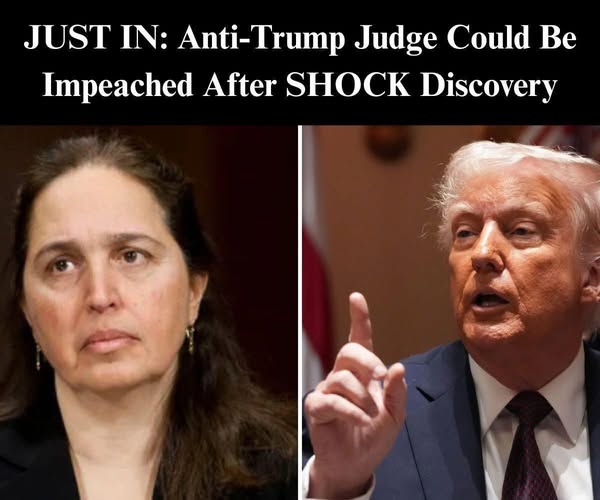
Federal Judge’s Ruling on Immigration Program Sparks Spotlight on Her Political Past
A recent judicial decision blocking the termination of a long-standing immigration parole program has thrust a federal judge into the national spotlight—not only for her landmark ruling but also for her history of political activism.
Serving on a U.S. District Court, the judge issued a decisive injunction halting the federal government’s attempt to end the CHNV program, which grants temporary legal status to migrants from Cuba, Haiti, Nicaragua, and Venezuela. This program has safeguarded the rights of over half a million individuals seeking refuge and opportunity in the United States.
However, the drama escalated when the Supreme Court intervened shortly afterward, allowing the administration’s original plan to proceed and effectively stripping those migrants of their temporary protections.
Beyond the legal battle itself, renewed attention has turned toward the judge’s background. Public records reveal her active involvement in political campaigns prior to her appointment—engaging in grassroots efforts such as canvassing neighborhoods, phone banking, and participating in public rallies supporting various candidates.
Moreover, her connections to certain organizations have sparked controversy, as some groups linked to her past advocacy face scrutiny over alleged ideological ties abroad. While no official accusations have been made regarding bias in her judicial decisions, critics and legal commentators alike are debating whether her activist history might affect public confidence in her impartiality.
The debate underscores a larger, ongoing conversation within legal circles: To what extent should a judge’s personal or political past influence perceptions of fairness, especially when ruling on cases with far-reaching national impact?
As this contentious legal saga continues to unfold, both the judge’s ruling and the spotlight on her activism are poised to remain hot topics in the public discourse.